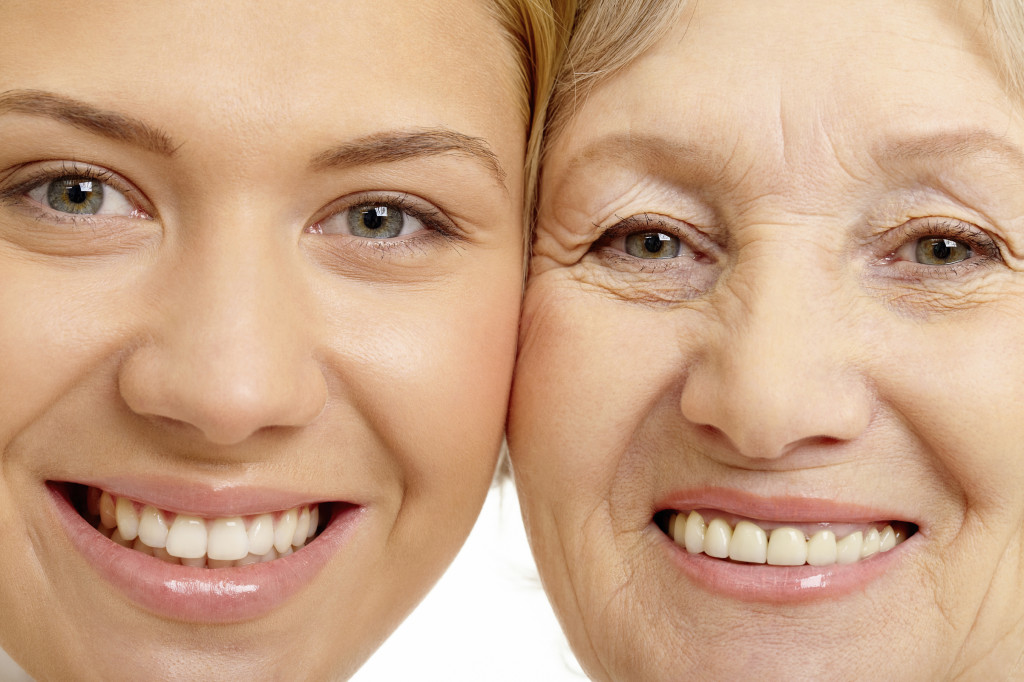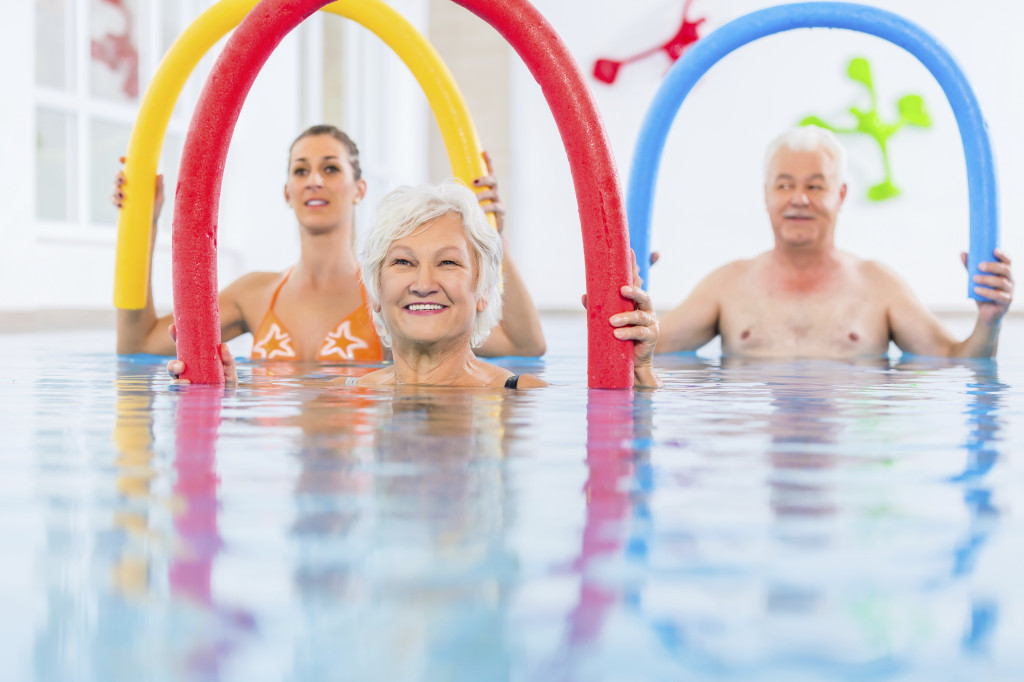Did you know that the human body continues to increase bone mass until you are around 30? After this time, your bones will lose slightly more mass than they gain. Making it crucial that falls and breakages are kept to a minimum as they will take much longer to heal.
There are many different factors that can play a part in how strong your bones are. Genetics, diet and how much your bones increased in mass when you were younger play a part.
Osteoporosis is an extremely serious condition that affects many people as they get older. Because bones can’t be built up as fast as we age over 30. So they can quickly become brittle, making them more susceptible to breakage.
There is no way to predict whether you will be affected by osteoporosis. But there are steps that can be taken earlier on in life. These steps can help ensure that your bones are as strong as possible to avoid this debilitating condition. After all, prevention is much easier and less painful than cure.
Does It Run In Your Family?
According to Mayo Clinic, if you have a parent or a sibling who has suffered from osteoporosis, you are at greater risk of developing it yourself.

It’s important to know your families medical history to be able to predict what you may be confronted with. So check and see if anyone has suffered with the condition before. Again, prevention is key with conditions like this.
Calcium and Vitamin D Intake
When bones are mentioned, which mineral first comes to mind? Calcium. Calcium intake is essential for bone and tooth development. It is also used in muscle function, blood pressure and nerve signalling within the body.
However, constantly drinking milk isn’t going to bulk your bones up on it’s own. Try pairing calcium rich foods with vitamin D. This helps boost calcium absorbtion by the body.

Even getting out and about in the sunshine for around 10-15 minutes a week can help boost your vitamin D intake, although the colder months are now drawing in, we’d recommend eating food which contains vitamin D such as tuna, orange juice, eggs and sardines. Alternatively, there are vitamin D supplements available to help you.
Exercising Helps
We’re not just saying this to make you feel guilty for not dedicating enough time for exercise, but it really does help boost bone strength.
Weight bearing exercises such as running, skipping and stair climbing can help your bones keep strong and healthy. This also has the added bonus of improving balance and strength in older age, so the sooner you start doing those bone building exercises, the better!

Here at UK Stairlifts, we see many people investing in straight and curved stairlifts as a result of osteoporosis setting in and making moving round their home incredibly difficult and painful.
If you have a loved one who is suffering from this horrible condition and want to ensure that they can manoeuvre around their home safely, don’t hesitate to contact our team today by calling 0800 046 3438 and we will be more than happy to discuss how we can help with you.


